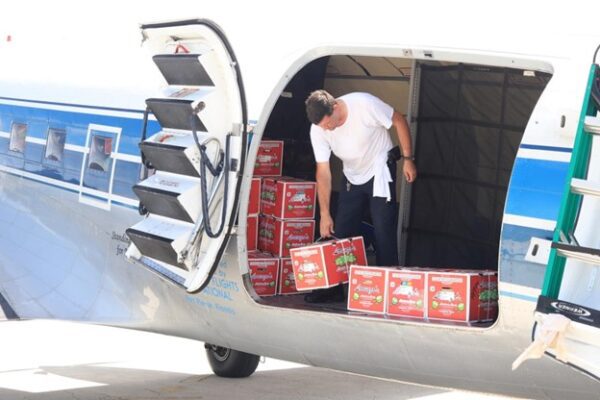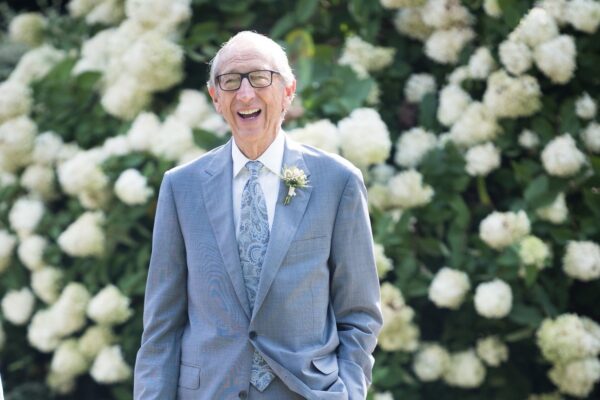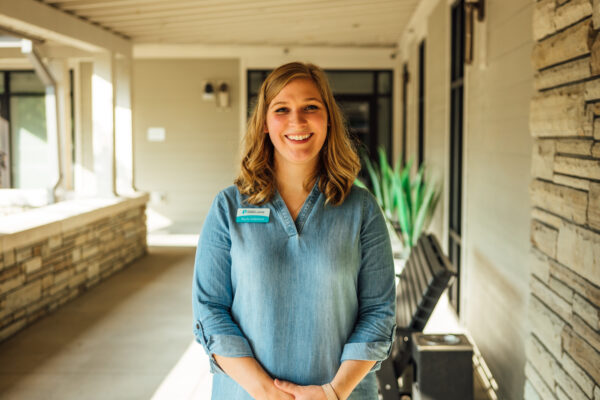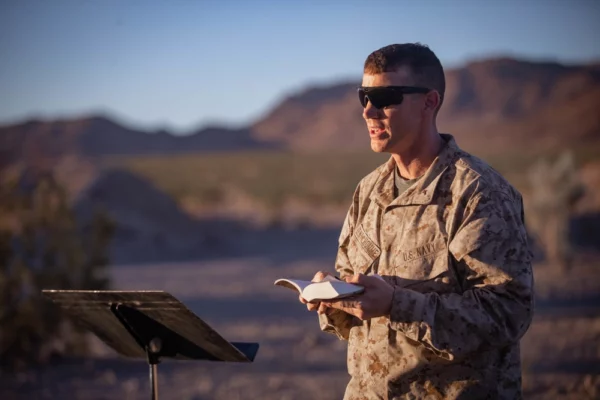A DEVASTATING STORM
Hurricane Dorian made landfall as a Category 5 hurricane on September 1, 2019, in the northwestern Bahamas. The damage was extensive as the storm slowly dwindled in speed and finally came to a stationary rest overtop Grand Bahama Island. The one-minute sustained winds of Hurricane Dorian were recorded at 185 miles per hour (mph). At times, gusts of wind were recorded at 220 mph.
Among those organizations providing disaster relief after the hurricane was Missionary Flights International (MFI) in Fort Pierce, FL. There, Bob Jones University alumnus Philip Karnes (‘02) has been transporting supplies to those in need in the Bahamas.
“AN IMPACT FOR ETERNITY”
Karnes has served with MFI since 2007 as a pilot and mechanic of MFI’s DC-3 aircraft. Normally, he is in the cockpit transporting missionary teams or cargo to either Haiti or the Dominican Republic. Missionary Flights is a faith-based nonprofit mission aviation organization spreading the Good News of Jesus Christ in partnership with Bible-centered missions by providing reliable transportation and logistical service.
“Each day I wake up knowing that I am blessed with an opportunity to go to work,” said Karnes. “The two planes that we fly have been around since 1943 and 1944. I’m a pilot and mechanic for a piece of history, but the work that I am doing helps to make an impact for eternity.”

TRUSTING GOD TO SUPPLY ALL NEEDS
As devastation began in the Bahamas, Karnes and the rest of the Missionary Flights team launched a disaster relief campaign to transport needed supplies into the Bahamas. “First we needed to fly the DC-3 aircraft back to Florida from Alabama,” commented the BJU grad. “Until the storm slowed, stalled, and dramatically turned north, we were certain that our area was going to be severely impacted.”
Missionary Flights evacuated their planes and that meant that Karnes and the other pilots, along with their families, would be unavailable to assist immediately at the hangar. “Our day to day operation is impossible without our volunteers,” said Karnes. “We have a great group of men and women who make this a great place to work.”
Essentially, Karnes is a volunteer himself. “I don’t really make a paycheck from the organization,” he commented. Instead, Karnes would be considered a home-based missionary. Along with the other pilot and mechanic families at Missionary Flights, the Karnes family is responsible for raising financial support. “We are missionaries, and that makes this job different,” said Karnes, “I have relied on the Lord to provide in moments when I didn’t know where money to pay the bills would come from. However, this requirement ensures that the money donated to the organization goes to where it is needed most and in times of disaster relief, it means that all of the money goes toward essential transportation costs and support for those in need.”
MFI’s first flight was into Freeport, Grand Bahama, Bahamas, on Saturday, September 7, 2019. Upon landing in Freeport, Karnes shared that all of the buildings had received extensive damage. “Walls and windows were blown out. Scraps of aircraft could still be seen in areas. Even the customs agency was operating out of a small canopy tent.”
Missionary Flights wanted to make sure that they would have an organization to work with on the ground in Freeport because their operation is logistical in nature. The MFI motto, “Standing in the Gap,” points to the focused approach that they take to serve affiliated missionaries and organizations on the ground in the Caribbean.
“I have only made it onto the ramp of the airport,” Karnes commented as he explained the distribution of donated supplies. “I have had a good number of individuals join me in the plane in the Bahamas, and we have unloaded 8,000 pounds of supplies at a time from the DC-3 into trucks and vans. Some of those have been politicians serving their affected communities. Many have been various pastors and church members. We’ve also been providing significant amounts of supplies to the Salvation Army in Freeport. With each of these deliveries, we are treated very respectfully by Bahamian customs agents, and I am blessed to be able to see those pickup vehicles leave the airport gates and drive off toward their communities.”





